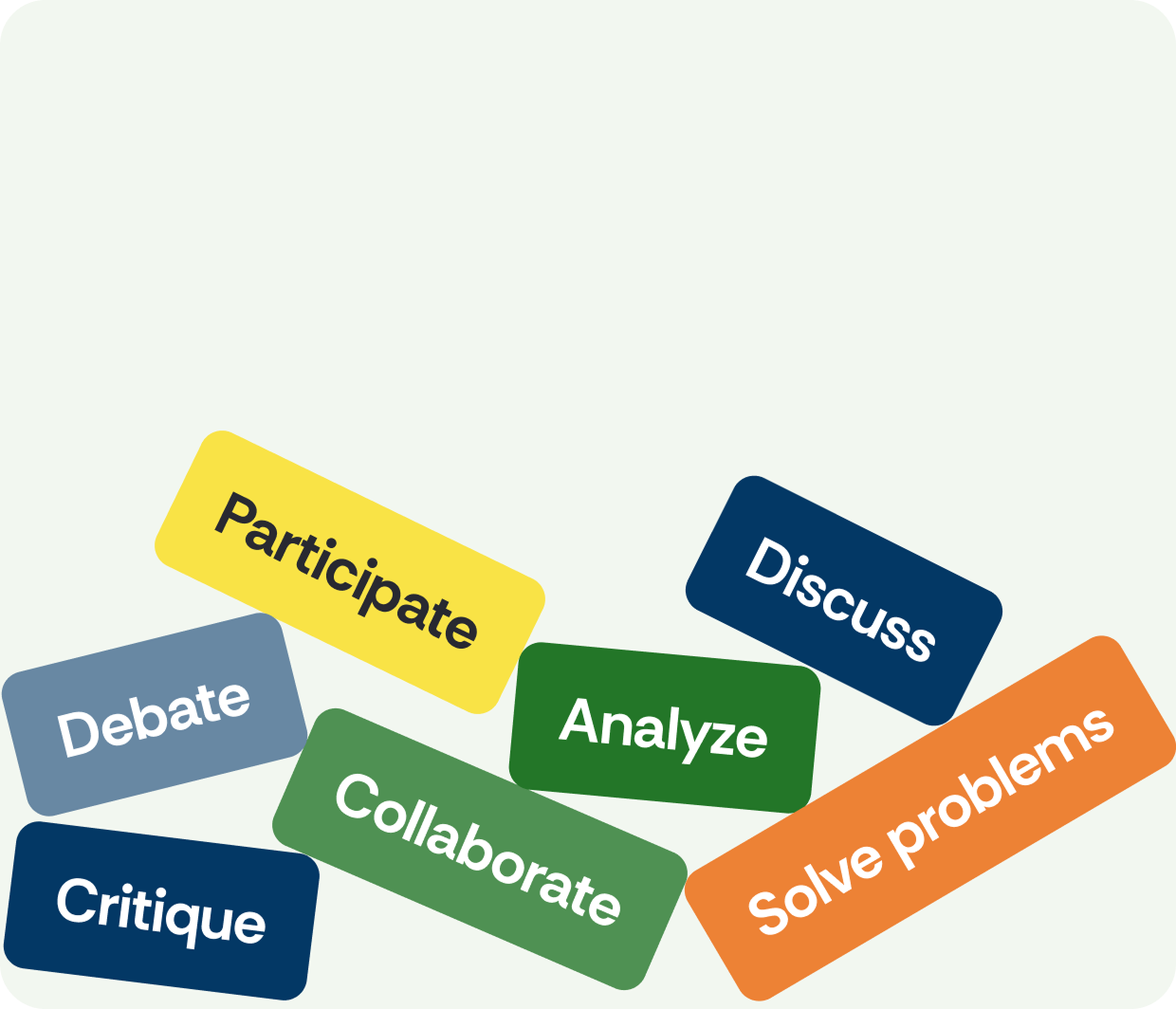Enhancing the learning and assessment experience with FeedbackFruits
Student dissatisfaction with feedback and assessment is one of the leading concerns in ensuring high-quality learning and teaching in the UK and Ireland. Relying on passive modes of assessment causes a deep disconnect between skills needed for the future versus the skills being assessed. To bridge this gap, it is necessary that educators adopt diverse and authentic assessment methods, but how can institutions implement them effectively?
Jisc recently partnered with FeedbackFruits to better address educational challenges as such and continue supporting higher and further education institutions in the region. With a tool suite of 15 VLE-integrated solutions, FeedbackFruits helps educators streamline the (peer) feedback processes, facilitate authentic assessment, and encourage collaboration in any setting.
Join the webinar to learn how FeedbackFruits can help your institution efficiently scale feedback and assessment processes and enrich the student experience.


What you'll learn
- Scaling authentic assessment across all sizes and modalities of learning;
- Long-term strategies to foster a personalised feedback culture in the classroom;
- Best practices for adopting diverse assessment methods created with the FeedbackFruits Tool Suite.
Meet our speakers
Abdulla Dilimi is an Account Executive for the Europe region at FeedbackFruits. For over two years, he has been helping higher education institutions in the United Kingdom, Ireland, and beyond implement pedagogic technology to scale effective assessment and feedback.
Grace Wachter is a Business Development Representative and Pilot Success Specialist at FeedbackFruits. Guiding UK and Irish institutions from initial exploration to successful implementation and adoption, she helps instructors streamline teaching and learning by engaging in pedagogic best practice that enhances student satisfaction.
Preview here
Subscribe to our teaching insights newsletter


